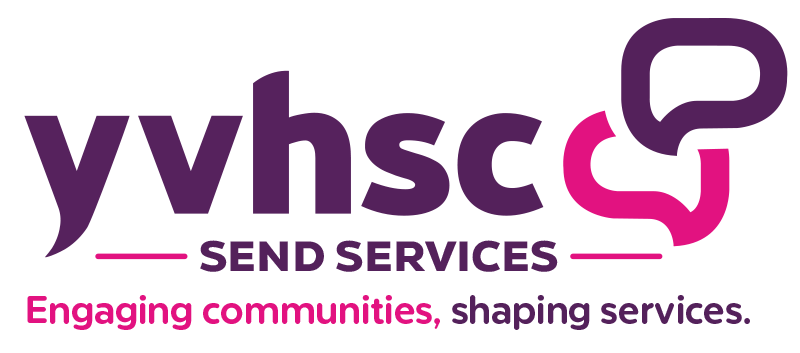When a child is out of school due to a medical:
Inform the school ASAP when you know a pupil is going to be off for appointments so it can be recorded.
A school should not reduce a pupil’s timetable to part time unless it is agreed by all parties and is in the pupil’s best interests or affecting the safety of the child and others.
Schools should work with family and pupil to help the reintegration back into school and understand the emotional effect medical needs can have on pupils.
If you require support from the health service (including Child and Adolescent Mental Health Services (CAMHS)), the starting point is likely to be a referral from your GP or (in some cases) from your child or young person’s education setting.
The NHS has information online on how to access support for mental health for your child or young person.
You can also access mental health support from:
- Mind who provides advice and support to assist anyone experiencing a mental health problem. https://www.hfehmind.org.uk/
- Young Minds, who can provide advice and support both to parents and directly to children or young people.
Remember too, if your child attends a maintained school, an academy or a pupil referral unit and has a medical condition, the governing body/proprietor must make arrangements to support your child at school.
Special Education Needs (SEND) and Health Care Needs:
Children with medical needs may also have SEND.
Schools should work with parents to see if referrals are needed – for example to Speech and language therapy (SALT), Occupational Therapy (OT) or The Child and Adolescent Mental Health Service (CAMHs)
Parents can also self-refer to services
You may have an Education, Health and Care Plan (EHCP) which states the pupil needs SALT and OT therapy. (please read our factsheet about EHCP’s).
What to do if things are not going to plan:
If you believe a pupils needs are not being supported you should raise this with the class teacher and/or the schools SENCO. Depending on how this goes you may need to speak to the Head.
You may want to look at the government guidance on how schools should be supporting children with medical conditions https://www.gov.uk/government/publications/supporting-pupils-at-school-with-medical-conditions--3
Your child has, for example, significant medical needs but does not require any special educational provision, they will not meet the threshold for an EHC needs assessment but they should still have their needs supported. They should have a health plan which would set out how they should be supported.
If you are worried your child is not getting the OT or SALT therapy it specifies in the EHCP, first you speak to school to see if they will make a referral.
Where to begin…
If you feel your child may have additional health needs first talk to your childs school or senco.
They may be able to make a referral or suggest you make an appointment to see your GP. They may then refer your child for treatment (e.g physiotherapy or SALT ) or more specialist assessments (e.g at a local hospital).
It may be useful to speak to other professionals such as the school nurse, SENCO, or health visitor.
We can also provide information about local support groups and forums.
You can contact us to discuss any specific issues and we can help to guide you through the next steps and what action to take.
You might find it useful to browse the website of your local Healthwatch service. This offers advice and support about all health-related services and can advise on making health complaints.
Question ideas to ask the school:
How do you support children with needs to access the curriculum?
Where can I find the schools policies?
What support do you get from outside agencies?
How do you deliver advice from outside agencies/professionals?
What sort of training do staff have to support pupils with needs?
How can I expect to be involved in creating plans?
How often will the plan be reviewed and how will I be involved in this?
Extra Information:
